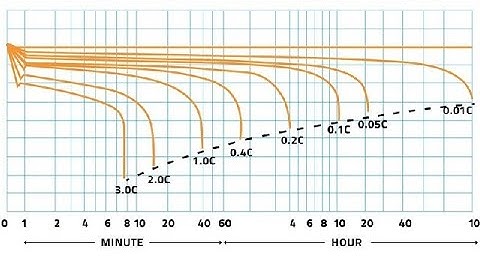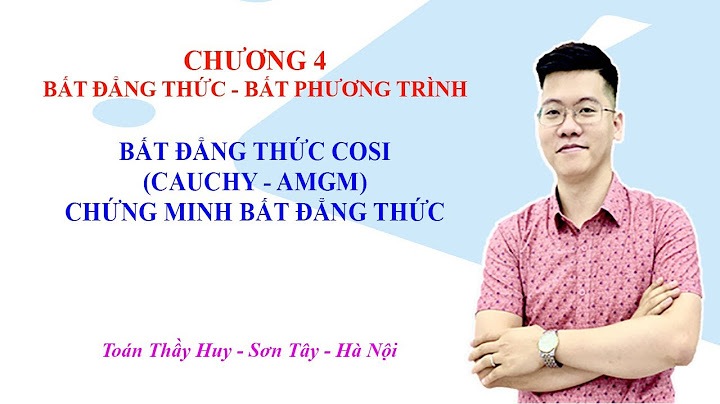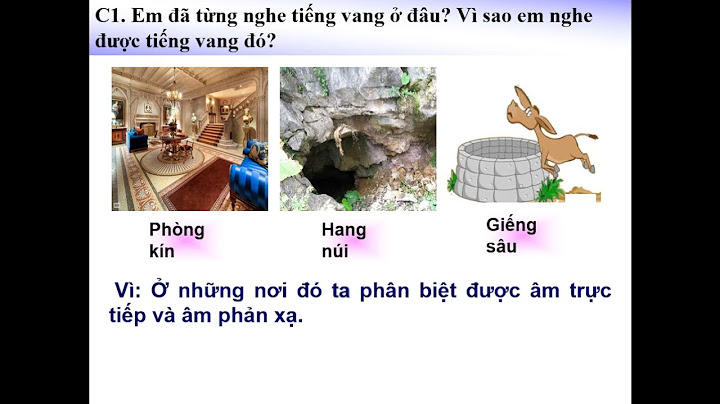Southeast Asia is central to Australia’s national interests and our partnerships are deep and long‑standing. Australia is linked to Southeast Asia by more than geography. In addition to our strong family, business, education, and tourism links, we share a vision for a region that is stable, prosperous, and respectful of sovereignty. Show
Deepening Australia’s engagement with Southeast Asia is a priority for the Australian Government. The Office of Southeast Asia in the Department of Foreign Affairs and Trade leads our whole-of-nation approach with the region. Deepening Australia's engagement with Southeast AsiaOn this pageTrade and investmentAustralia and Southeast Asia’s trade interests are inextricably linked. Australia's two-way trade with ASEAN is greater than our trade with Japan or the United States, passing $178 billion in 2022, and our two-way investment with ASEAN in 2022 was $289.7 billion. Singapore, Malaysia, Thailand, Vietnam and Indonesia are also in our top 15 trading partners for 2022. In any match-up of economic complementarity with growth potential, the greatest trade and economic opportunities for Australia over the next 30 years lie in the ASEAN region. On 6 September 2023, Prime Minister Anthony Albanese launched Invested: Australia’s Southeast Asia Economic Strategy to 2040, a report to the Australian Government from Special Envoy for Southeast Asia Mr Nicholas Moore AO. The report sets out a practical pathway to significantly increase two-way trade and investment between Australia and Southeast Asia. The Prime Minister committed to immediately support three initiatives that go to the heart of the strategy: investment deal teams, a Southeast Asia Business Exchange Program, and a pilot exchange program for young professionals.  Prime Minister Anthony Albanese with Foreign Minister Penny Wong and Special Envoy for Southeast Asia Mr Nicholas Moore AO at the launch of the Southeast Asia Economic Strategy, Jakarta, Indonesia, 6 September 2023. Credit: @AlboMP | X. The ASEAN-Australia Comprehensive Strategic Partnership (CSP) is an important symbol of our commitment to ASEAN and its central role in the Indo-Pacific. The CSP investments represent the largest ever increase in Australia’s development cooperation program with ASEAN. Australia was an original party to the Regional Comprehensive Economic Partnership (RCEP) Agreement when it entered into force on 1 January 2022. RCEP reinforces the importance of ASEAN centrality to the Indo-Pacific regional economic architecture and rules-based order and brings together Australia, New Zealand, ASEAN and the major North Asian economies of China, Japan and South Korea. RCEP is now the world’s largest free trade agreement by members’ combined gross domestic product (GDP). On 21 August 2023, Australia signed the Second Protocol upgrading the ASEAN Australia-New Zealand Free Trade Agreement (AANZFTA). The AANZFTA upgrade is a historic step towards deeper regional economic integration and provides both economic and strategic advantages to Australia. Our Regional Trade for Development Initiative provides technical assistance and capacity building to support eligible ASEAN countries to realise the full benefits of RCEP and an upgraded AANZFTA. We work closely with our bilateral partners and neighbours to provide mutually beneficial economic opportunities, including through the:
We are also helping to advance high-quality development across Southeast Asia through Partnerships for Infrastructure (P4I), and economic integration in the Mekong-Australia Partnership.  Senator the Honourable Penny Wong, Minister for Foreign Affairs, meets with His Excellency Dr Kao Kim Hourn, Secretary-General of ASEAN, at the ASEAN Secretariat, Jakarta, Indonesia, 12 July 2023. Credit: DFAT | Michael Godfrey. Development cooperationAustralia’s development cooperation in Cambodia, Indonesia, Laos, Myanmar, Philippines, Timor-Leste and Vietnam tackles some of our region’s most pressing priorities – inclusive economic growth, climate change and the clean energy transition, gender equality, and knowledge and skills development. Australia increased development assistance to $1.24 billion to Southeast and East Asia in May 2023. Australia’s new International Development Policy outlines how Australia will support Southeast Asia in our shared development priorities.  PRISMA (The Australia-Indonesia Partnership for Promoting Rural Incomes through Support for Markets in Agriculture) supports seed company PT Tani Murni to expand its operations into the Papua highlands to bring farmers innovations in agriculture. Indonesia, November 2022. Credit: PRISMA | Satu Bumi Jaya. Climate action and transition to net zeroAustralia is ambitious for what we can achieve together with the region in confronting the challenges of climate change. We are supporting enhanced climate action in Southeast Asia and helping accelerate the region’s energy transition. We want to realise the economic opportunities for countries in our region in our transition to a net-zero world. Our commitments include $200 million towards a new climate and infrastructure partnership with Indonesia, and $105 million to support Vietnam’s sustainable economic growth. We are supporting development of the ASEAN Strategy on Carbon Neutrality by the ASEAN Secretariat. Australia is working with our partners in the region to build a resilient, clean energy sector and unlock green trade and investment. For example, the landmark Singapore-Australia Green Economy Agreement supports Australia's economic, trade, investment, and climate change objectives while building on our substantial bilateral relationship with Singapore. Maritime cooperationAustralia is collaborating with Southeast Asian partners to address shared regional maritime challenges, enhancing our partners’ resilience and ability to manage their maritime domains and sustainably develop marine resources. We are assisting to build capacity and capability in maritime law and governance through Law of the Sea training, strengthening domestic legal and regulatory frameworks and maritime coordination and promoting evidence-based policy through regional maritime scholarship. Through the Marine Resources Initiative, Australia is investing $42 million (2020-24) to support countries manage their maritime domains and the marine environment and sustainably develop their marine resources. Australia has also committed $14.4 million to combat illegal, unregulated and unreported (IUU) fishing in Southeast Asia delivered by the Department of Agriculture, Fisheries and Forestry.  Senator the Honourable Penny Wong, Minister for Foreign Affairs, visiting Philippine Coast Guard Headquarters, Manila, Philippines, 17 May 2023. Credit: DFAT | Sarah Friend. Cyber and critical tech cooperationAustralia is committed to working with Southeast Asian countries to champion a safe, secure and prosperous Australia, Indo-Pacific and world enabled by cyberspace and critical technology. The Cyber and Critical Tech Cooperation Program aims to strengthen cyber resilience across a full spectrum of cyber affairs, aligning with priorities identified in Australia’s International Cyber and Critical Technology Engagement Strategy. This program includes $20.5 million over four years to support critical technology standards in Southeast Asia and cyber and critical technology governance frameworks in the Mekong subregion. Defence engagementAustralia has broad, deep and longstanding defence partnerships across Southeast Asia, and we are working to tighten our military ties with the region. Australia has Defence Attachés/Advisers in all ASEAN countries. Each year, Defence participates in around 50 exercises with Southeast Asian partners, and makes about 1,000 offers for military officers from ASEAN countries to study in Australia. Defence is also expanding our cooperation on areas including maritime security, peacekeeping, military medicine and English language training. Australia’s flagship regional engagement activity, Indo-Pacific Endeavour, visits multiple countries across the region during deployments. The Five Power Defence Arrangements (FPDA) have provided an indispensable anchor for regional security for over 50 years. The FPDA strengthens cooperation, and makes it easier for our militaries to work together when it counts. Australia strongly supports the ASEAN Defence Ministers’ Meeting-Plus (ADMM-Plus) framework, which fosters open dialogue and practical defence cooperation. We actively participate in each of the seven ADMM-Plus Experts Working Groups (EWGs), including the EWG on military Medicine, which we are co-chairing with Brunei for 2021-24.  Deputy Prime Minister and Minister for Defence, the Hon Richard Marles MP, meeting with Indonesian Defence Minister, His Excellency Prabowo Subianto in Jakarta, Indonesia, 5 June 2023. Credit: Department of Defence | Jay Cronan. Health partnershipsAustralia is helping to build resilient and equitable health systems in Southeast Asia. Through the Partnerships for a Healthy Region initiative, we are supporting countries in the region to reduce disease risks, burdens and respond effectively to health emergencies. This continued investment in health is an important contribution to Southeast Asia’s recovery from the pandemic and builds on the COVID-19 vaccine support provided under the Regional Vaccine Access and Health Security Initiative and Quad Vaccine Partnership. People connectionsMore than one million Australians claim Southeast Asian ancestry. We share close ties through the New Colombo Plan, Australia Awards and Australian Volunteers Program, and support a range of public diplomacy initiatives in the region. Which skill is best for future 2030?Digital technology skills will be one of the most demanding skills in the future. By the end of 2030, almost half the world's professions must-have digital skills to keep their jobs. This means the demand for people with digital skills and knowledge of digital platforms will be high. What is the future of work?The future of work refers to an informed perspective on what businesses and other organizations need to know about how work could shift (given digitization and other trends), plus how workforces and workplaces can prepare for those changes, big and small. What does the World Economic Forum do?The World Economic Forum – committed to improving the state of the world – is the international organization for public-private cooperation. The Forum engages the foremost political, business and other leaders of society to shape global, regional and industry agendas. How does AI affect the Labour market?There are reported cases of AI automating simple tasks and leaving workers with a more intense, higher-paced work environment. AI can also change the way work is monitored or managed, which may increase perceived fairness, but also poses risks to workers' privacy and autonomy to execute tasks. |




















